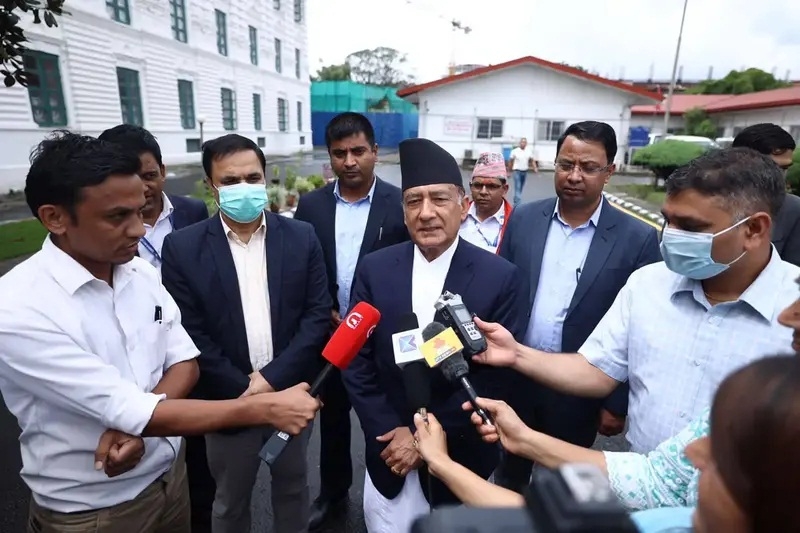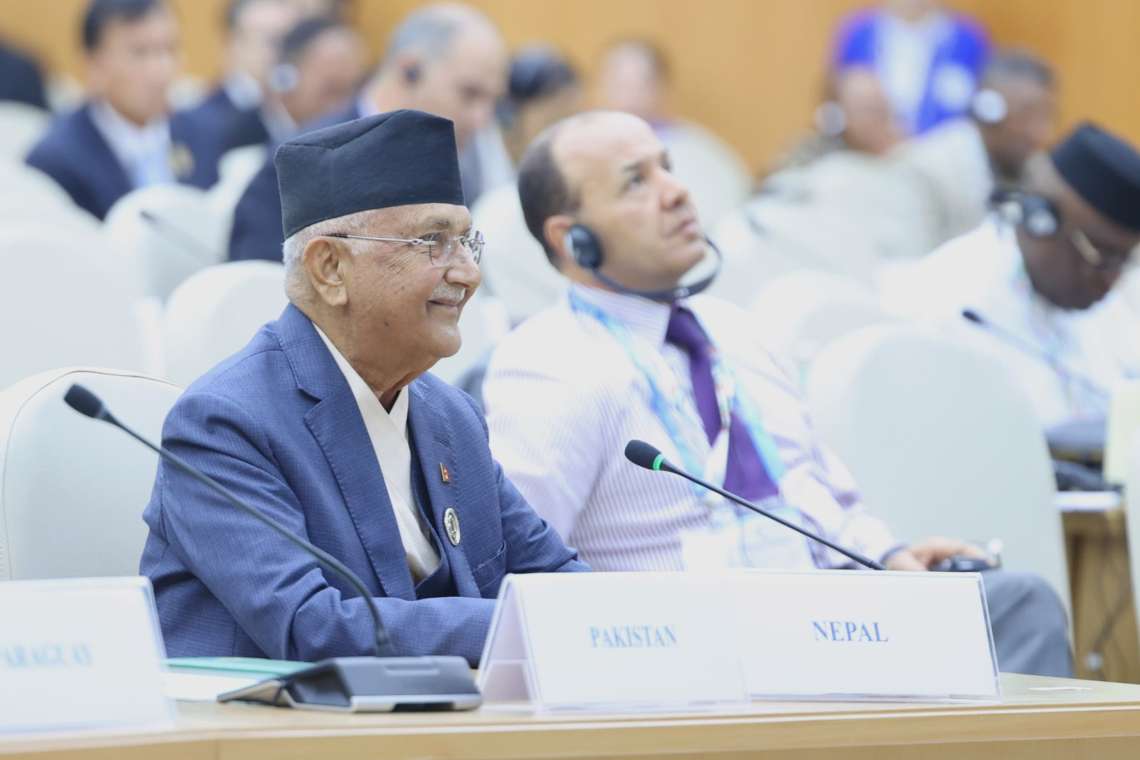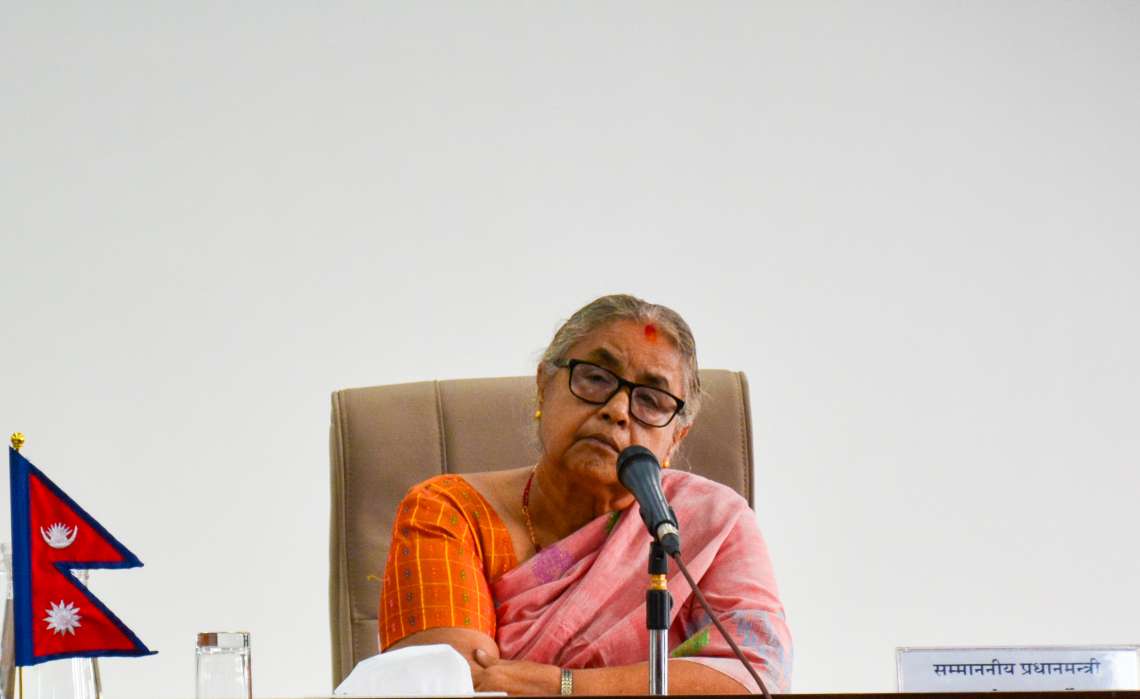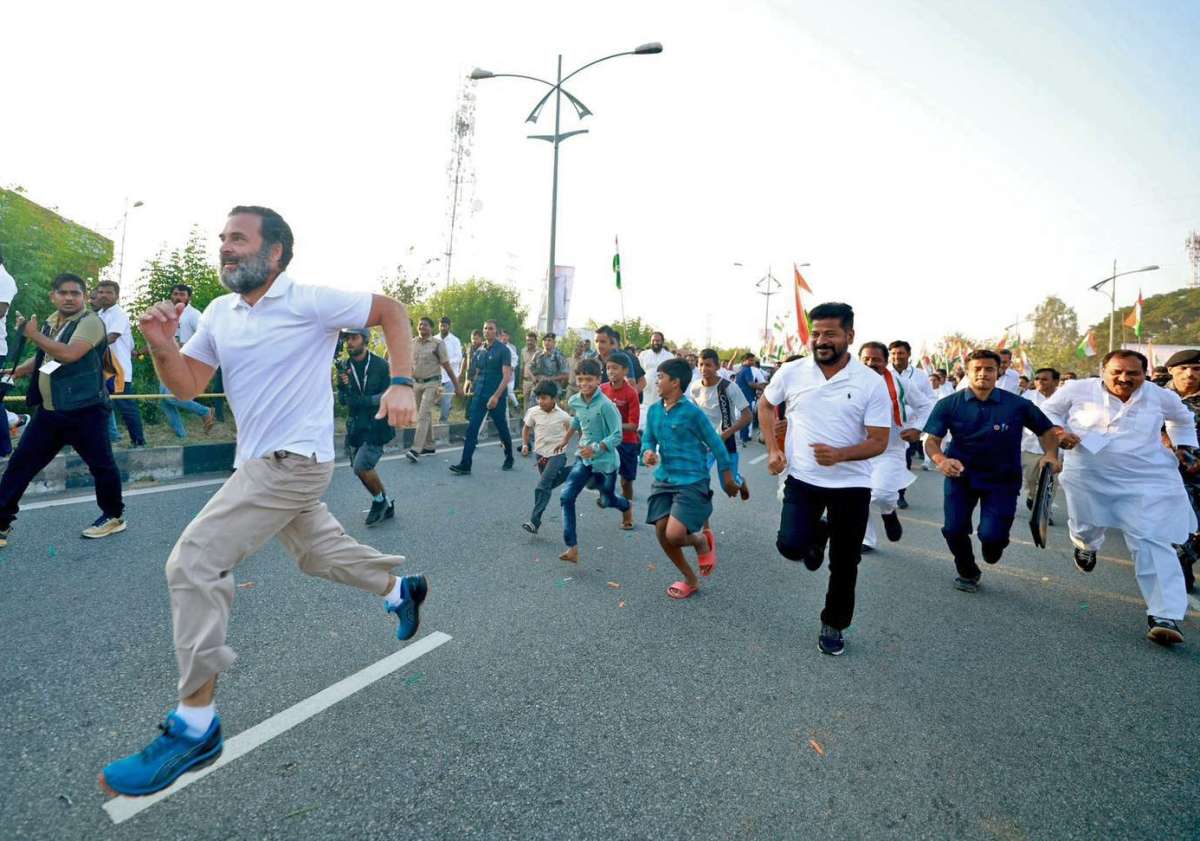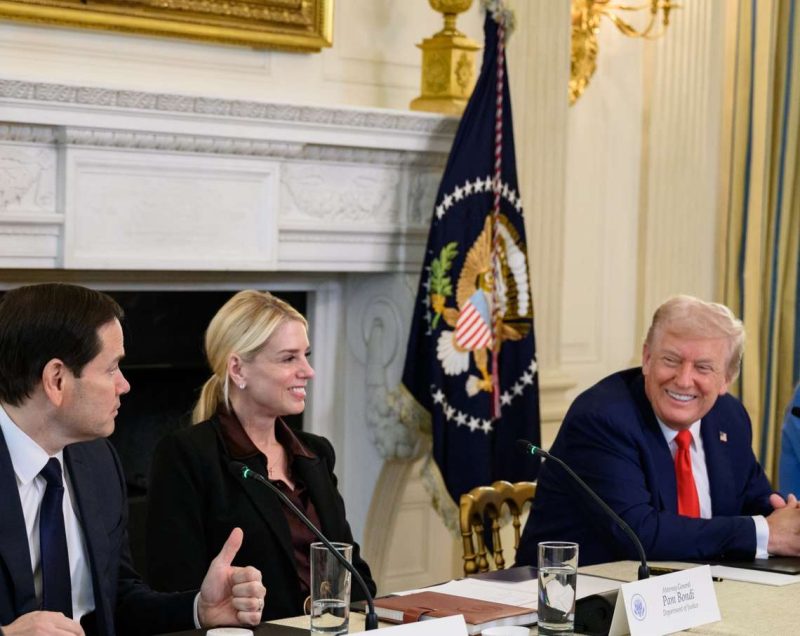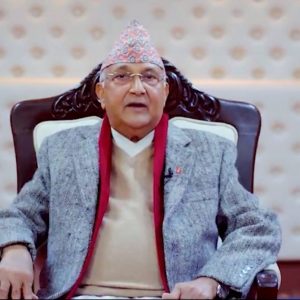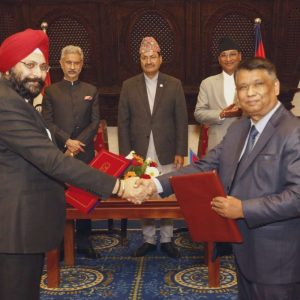The upcoming polls will primarily be a two-horse race between the six-party group led by the Nepali Congress and the coalition led by the main opposition…writes Santosh Ghimire
With just three weeks left for the November 20 elections, political parties in Nepal are campaigning at a feverish pitch.
This is the second general election in Nepal after the country adopted its first secular republican constitution in 2015. The first elections under the new federal structure were held in late 2017.
The upcoming polls will primarily be a two-horse race between the six-party group led by the Nepali Congress and the coalition led by the main opposition, the Communist Party of Nepal (Unified Marxist Leninist).
Two left-wing parties—CPN (Maoist Center), CPN (Unified Socialist) and a Madhes-centric party Loktantrik Samajbadi Party (LSP) led by Mahantha Thakur—have allied with the Nepali Congress in the ruling party’s electoral alliance. This combine is also known as the ‘democratic left alliance’.
The CPN (UML), in its electoral alliance, has taken along a pro-Hindu Rashtriya Prajantantra Party led by Kamal Thapa and Madhes-based Janata Samajwadi Party (JSP) led by Upendra Yadav.
As per the constitutional provision, for the total 275 seats of the House of Representatives, 165 are directly elected while the remaining 110 seats are allocated under the Proportional Representational (PR) category.
Among the 550 seats of the seven provincial assemblies, 330 are elected through direct election and the remaining 220 are elected under the PR system.
While the chief ruling party Nepali Congress is contesting just 84 seats out of 165 constituencies under the First Past the Post (FPTP) category, the CPN—UML is contesting 135 seats, and the Prachanda-led Maoist Centre has submitted nominations in only 47 seats.
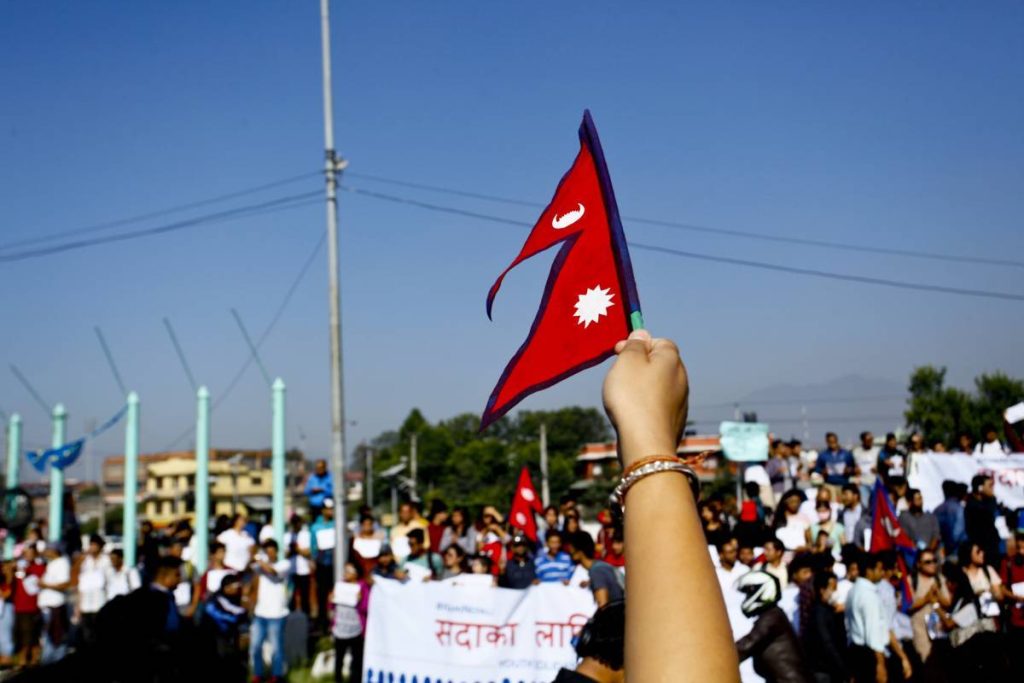
This is the first time the Nepali Congress, the grand old party, is contesting only 84 out of 165 constituencies under the FPTP category, inviting a row inside the party.
Apart from the FPTP category, lawmakers are also nominated under the Proportional Representation (PR) category. Once elections are held, Nepal’s Election Commission finalizes candidates from this list for various PR seats reserved for women, Dalits, those belonging to indigenous nationalities, the khas arya, the Madhesi, Tharus, Muslims and those belonging to the underprivileged regions.
As voting is inching closer, there are speculations over elections results. Observers say that the current ruling alliance led by the Nepali Congress has big prospects of performing well in the upcoming elections.
Sitaram Baral, a Kathmandu-based political analyst who is also a senior journalist, gives two reasons on why the ruling parties are likely to win elections.
“The current ruling alliance led by the Nepali Congress is likely to win elections for two reasons. The first is that the ruling alliance is credited for bringing the country back on a right political track after political turbulence triggered by the Oli-led government’s move to dissolve parliament twice in 2020 and 2021,” Baral said.
The then Prime Minister Oli, who rose to power on the plank of nationalism and in an electoral alliance with Maoist party led by Prachanda, was forced to resign in mid-2021 after the apex court invalidated his move to dissolve parliament for a second time in the period of just six months.
According to Baral, the second reason is that the ruling alliance secured its victory in the recent local elections held last May, and that will have a psychological impact on the upcoming elections.
“The arch rival CPN-UML, which dominated local level elections mostly in the past, had relatively poor performance in the recent local elections because the ruling coalition kept its alliance intact,” Baral observed.
Not a routine political exercise
The elections in Nepal are not just taken as a part of routine political exercise in a democracy. Instead, they are a crucial step to further consolidate the federal democratic republican system, and the policy of inclusion that was institutionalized by the country’s latest constitution.
“Of course, this election will further help cement our nascent federal democratic republican system,” Bipin Adhikari, a senior advocate and professor of international law, told India Narrative while speaking on the significance of the upcoming elections. He said that federal democratic set-up will sustain although there are questions being raised against it from different perspectives.
“In my opinion, the present political system will survive and those supporting it will continue to rule the country in the coming years although there is a decline in people’s faith in political parties,” observed Adhikari, who is also a constitutional expert.


